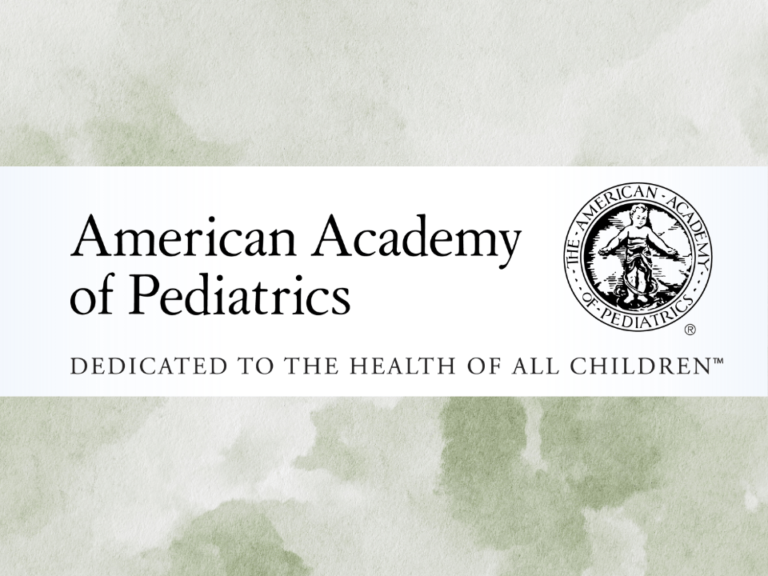Researchers at City of Hope were awarded $32.3 million from the California Institute for Regenerative Medicine to support three novel phase I clinical trials evaluating innovative cell and gene therapy treatments for patients with acute myeloid leukemia and other diseases.
“These CIRM awards are a testament to City of Hope’s commitment to the advancement of gene therapies for the treatment of human diseases,” said John D. Carpten, City of Hope’s chief scientific officer, Irell & Manella Cancer Center Director’s Distinguished Chair, and Morgan & Helen Chu Director’s Chair of the Beckman Research Institute, said in a statement. “Through our tireless pursuit of best-in-class research and innovation, we believe our work at City of Hope will benefit patients living with HIV or impacted by cancer, and we thank CIRM for its support to help make this a reality.”
CIRM awarded a City of Hope team led by Elizabeth Budde, nearly $12 million to develop and conduct a first-in-human phase I immunotherapy trial for acute myeloid leukemia, which has the highest mortality rate of all blood cancers.
“It is critical to find more effective therapies for patients whose AML has relapsed,” Budde, a City of Hope associate professor in the Department of Hematology & Hematopoietic Cell Transplantation, said in a statement. “We are hopeful that this novel therapy will eventually enable City of Hope and other institutions to offer a new treatment for patients whose AML has returned. We are very grateful for the recognition and support from CIRM.”
Most AML patients who go into remission after one treatment will develop the disease again and will then need a blood stem cell transplant from a donor. Even after a transplant, patients can still relapse, leaving them with few treatment options.
The CIRM-funded trial will be the first to use T cells from a healthy donor who has donated stem cells for the AML patient to undergo a transplant. These cells will be reengineered in a laboratory to express CD33CARs, or special receptors on a cell’s surface.
These CARs will target the CD33 protein, which is found in more than 80% of AML cases. T cells harboring the CD33CARs will also be multiplied to millions and then infused back into the patient. The CARs are living cells and expected to multiply inside a patient’s body and recognize and kill the cancer cells.
Before receiving the CAR T-cell therapy, patients will receive chemotherapy to prepare their bodies to accept the CAR T cells.
The trial, which will enroll up to 18 AML patients who have relapsed after receiving a transplant, will evaluate the CAR T therapy’s safety and its effectiveness in eliminating leukemia cells.
City of Hope’s David Horne, Marissa Del Real, Karam Sandhu, and Anthony Stein, are co-investigators on this project.
Another City of Hope research team received $9.05 million from CIRM to start a clinical trial using a novel blood stem cell transplantation procedure for severe aplastic anemia, a rare bone marrow disease that can turn into blood cancer and is currently difficult to treat. If successful, the treatment could also be used for other autoimmune diseases, such as treatment-resistant type 1 diabetes.
Currently, a blood stem cell transplant from a related or unrelated donor whose human leukocyte antigen genes match a patient’s HLA is the most effective treatment for severe aplastic anemia. However, it is difficult to find unrelated donor matches for people of color due to a limited number of donors from various racial and ethnic groups. Transplants can also cause severe side effects, particularly in older patients.
Defu Zeng, a City of Hope professor with the Department of Immunology & Theranostics within the Arthur Riggs Diabetes & Metabolism Research Institute, has led research on the potential therapy, which involves induction of mixed chimerism in adult patients. Mixed chimerism refers to transplanting blood-forming stem cells from a healthy, half-matched family member donor into a patient who has received a milder, less toxic chemotherapy treatment free of radiation that removes some, but not all, of the patient’s diseased bone marrow stem cells.
The phase I trial is expected to start later this year and will enroll up to six patients. City of Hope has treated patients with sickle cell diseases using this novel therapy in a clinical trial also funded by CIRM.
Catriona Jamieson from Aspera Biomedicines Inc. was also awarded $3.2 million for a proposal titled, “Cancer Stem Cell Interception with Rebecsinib: A First-in-Class ADAR1 Inhibitor.”











